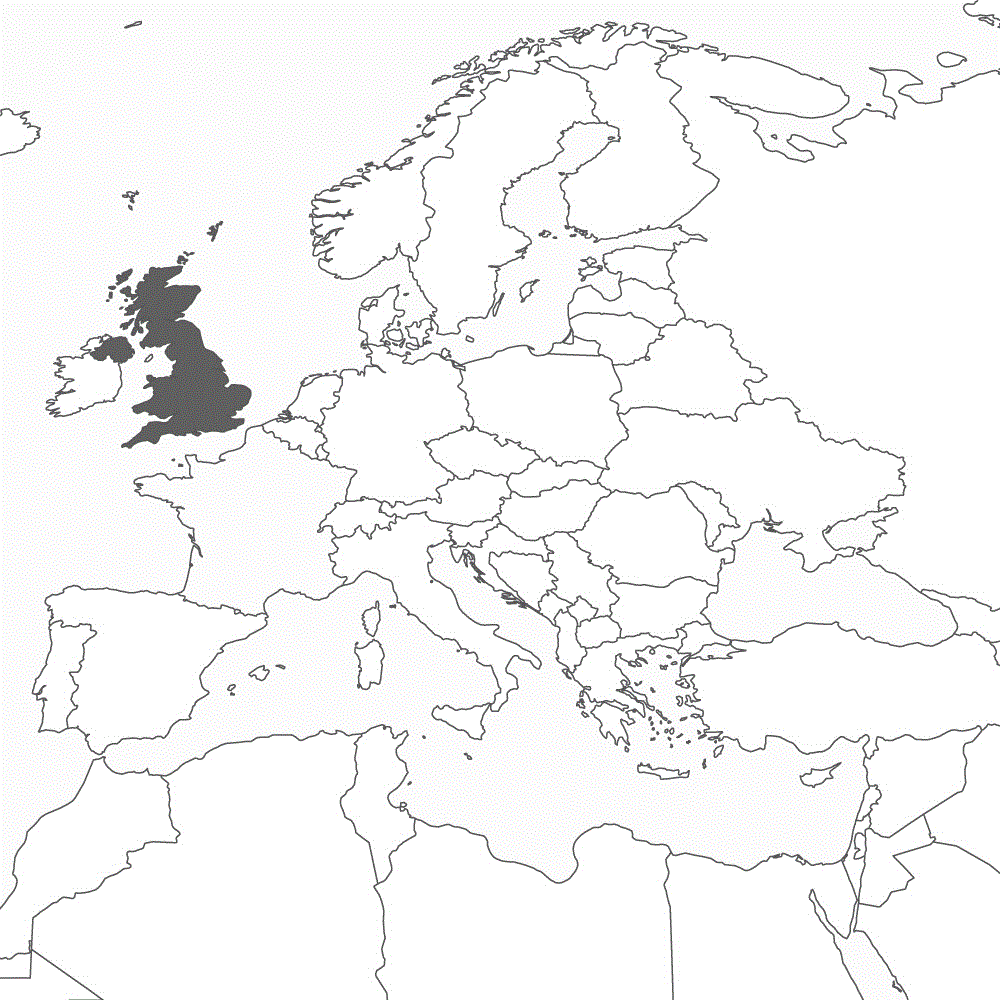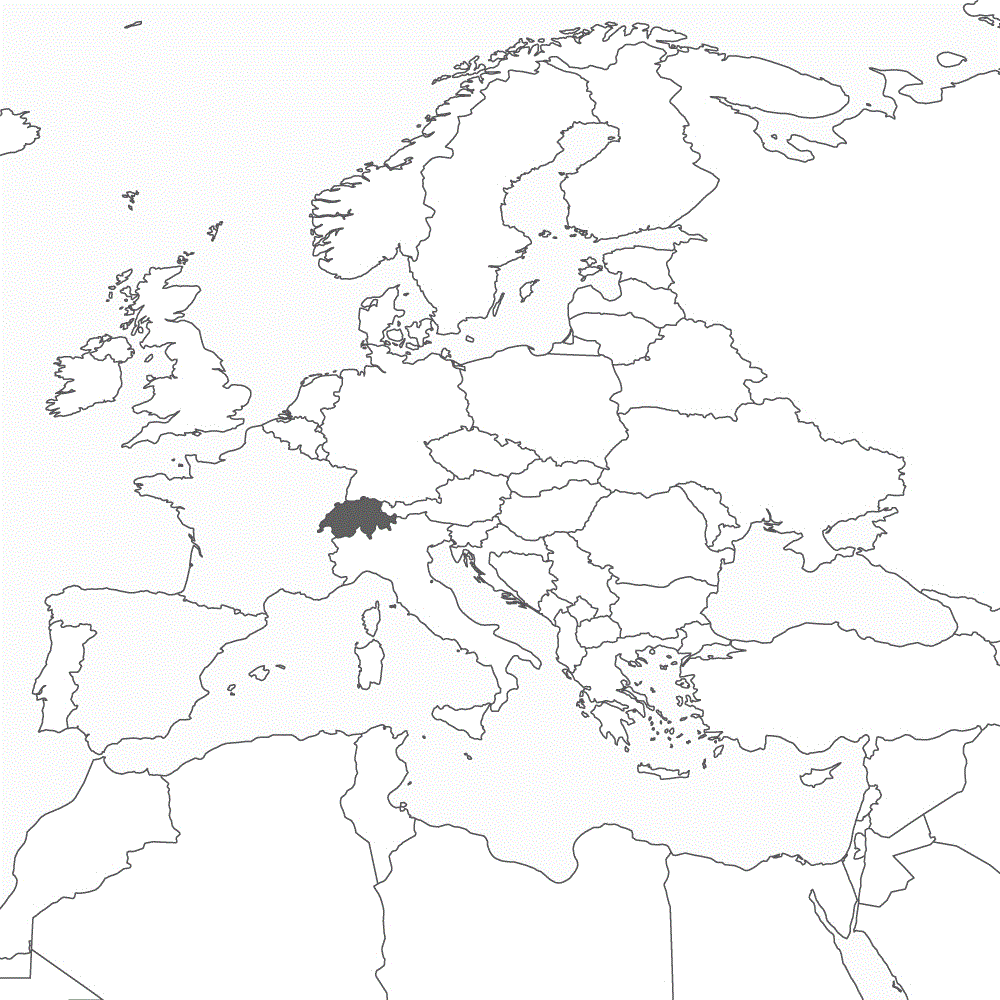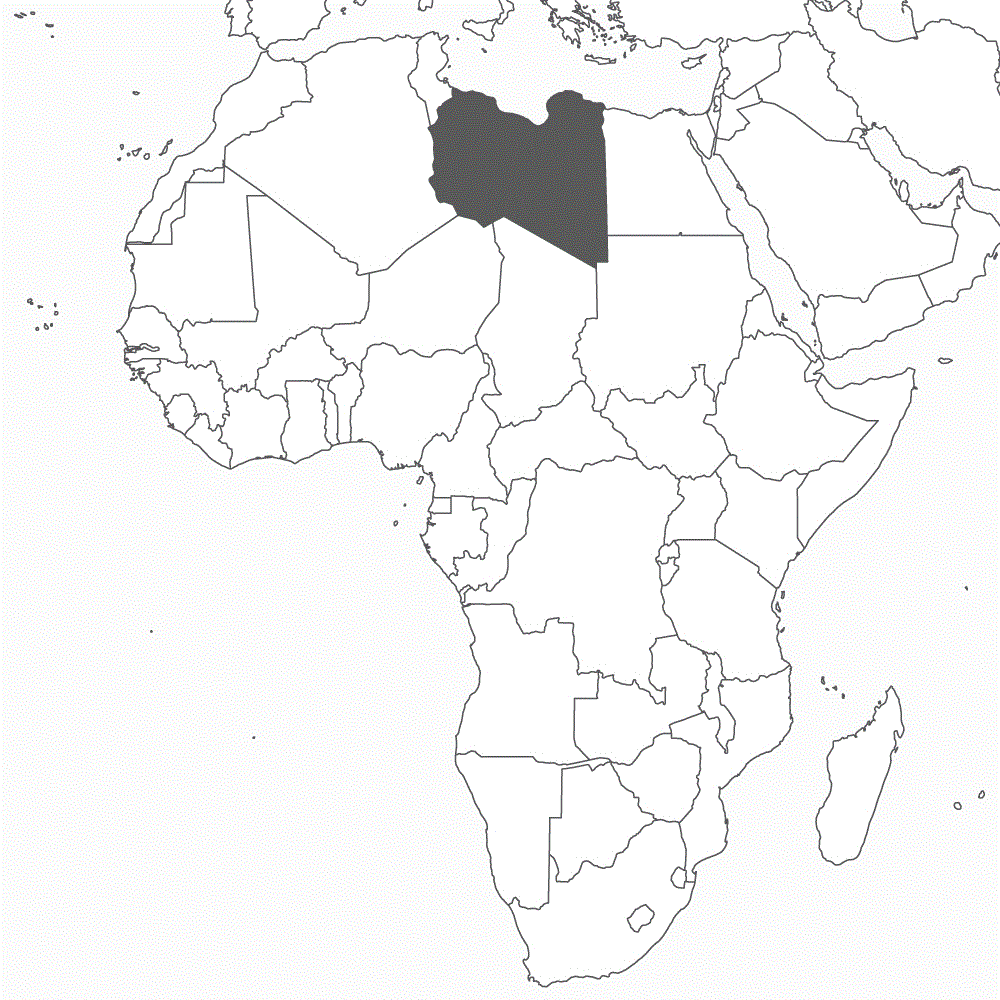The War after the War
EU imposes new sanctions on Syria, blocks reconstruction. Critics speak of a "scorched earth policy".
BERLIN/DAMASCUS (Own report) - The EU is expanding its sanctions on Syria, thus erecting new obstacles on the road to the country's reconstruction. The sanctions imposed last week affect several entrepreneurs, continuing the EU's practice of discouraging potential investors from participating in Syria's reconstruction. The Trump administration is pursuing the same objective with the sanctions it imposed last December, described by experts as far-reaching and possibly affecting individuals and enterprises in all countries and "isolating Syria for years to come." According to US experts, these sanctions could drive the population into poverty uprisings, thus reaching, what could not be achieved through warfare - the overthrow of the Bashar al Assad government. In the European Council on Foreign Relations this is referred to as the second "long war," this time with economic measures. Critics call it a "scorched earth policy." Read more
The War over Idlib
Berlin seeks to use the conflict between Moscow and Ankara to obtain influence in Syria.
BERLIN/DAMASCUS (Own report) - At a four-way summit with the leaders of Russia, Turkey and France, Angela Merkel will seek to influence the future of the northern Syrian province Idlib. The summit, Recep Tayyip Erdoğan announced on the weekend is to be held next week. It will explore options for ending the fighting in the province, where, over the past few weeks, Syrian troops have been advancing on militias. Usually referred to as "rebels" in the German media, they are, in fact, dominated by an al Qaeda subsidiary. The combat has deepened dissention between Russia and Turkey on how to go forward in Syria, raising new hopes among western powers for driving a wedge between Ankara and Moscow. Prior to the summit, however, specialists are pointing out that Berlin hardly has any options for exerting influence in Syria. The EU sees the overthrow of the government in Damascus as the precondition for granting desperately needed reconstruction aid. Read more
The Brexit Interim Evaluation
Germany's economy registers billons in Brexit-induced losses. Minimal shifts of financial-sector jobs from London to Frankfurt/Main.
LONDON/BERLIN (Own report) - German business circles are vigorously pushing for a successful trade and partnership agreement with Great Britain. German businesses are already registering annual losses in the billions, because the EU has not yet agreed on regulations for its post-Brexit economic relations with the United Kingdom. The German Institute for Economic Research (DIW) estimates a slowdown in Germany's economic growth at 0,8 percentage points since the referendum in June 2016. It could reach around 0,6 percentage points in 2021, alone, if no agreement can be reached by the end of this year, according to the DIW. Current estimates predict this year's overall growth to be at 0,7 percent. Nevertheless, Brussels is pushing its luck by insisting that London make contractual adjustments to fit EU norms and standards - a step the British government, having gained independence through the Brexit, strictly rejects. The German financial sector's gains through Brexit have turned out much smaller than had been hoped. Read more
BND Involved in Intelligence Operations Creating the EU
BND and Crypto AG Operations for a federal Europe. Switzerland, the playground for West German and US intelligence services.
BERLIN/BERN/WASHINGTON (Own report) - The investigation into the German BND's criminal activities against dozens of UN member nations and international organizations using Switzerland's Crypto AG, is being held up in Germany. Parliamentary interpellations in Berlin are being drowned in time-consuming procedures. Whereas the Swiss government has appointed a special investigator, German instigators are keeping silent. Together with the CIA, they are responsible for spying on allegedly allied nations with rigged encoding devices. Obviously, the Munich based Siemens AG, with its legendary links to the BND, has been involved in these illegal operations. The investigation is being delayed due to Berlin and Washington's competing strategic interests. The BND and CIA's tactical cooperation dates back to the post-war era. Through its intelligence operations - with Crypto AG - the BND became an instrument used in the creation of the EU. Read more
In the Eastern Indian Ocean
Berlin Think-Tank promotes EU operations in the "Indo-Pacific" and proposes rapprochement with the "Quad" pact in confrontation with China
BERLIN (Own report) - Germany and the EU should expand their future military activities in the Indian Ocean and extend their naval presence not only in the western sector - at the Horn of Africa - but in the eastern sector of the ocean, as well, according to the Berlin office of German Marshall Fund of the United States. The think tank considers close cooperation with India and possibly with the "Quad" ("Quadrilateral Security Dialogue") pact, in confrontation with China, as the appropriate means of extending the EU's military influence to South East Asia. Quad is a loose alliance made up of the United States and Australia with two traditional rivals of China - Japan and India. Since its revival in the fall of 2017, experts have repeatedly proposed that the EU or individual EU members join Quad. The EU would thus militarily position itself in confrontation with Beijing. The deployment of a warship to the Indian or to the Pacific Ocean is currently in discussion in Berlin. Read more
The Incipient Decline of the West
The Munich Security Conference is addressing the West's incipient decline. The far right is also positioning itself against this decline
MUNICH (Own report) - The Chairman of the Munich Security Conference, Wolfgang Ischinger, is focusing the debate of the coming weekend's conference on the incipient decline of the West. Whereas, in the post-Cold War era western powers enjoyed "almost uncontested freedom of military movement," this is no longer the case today, according to this year's "Munich Security Report," which Ischinger presented to the public yesterday. Even the "nearly unrivaled global superiority in military technology" NATO had enjoyed for decades, is now endangered. The report quotes French President Emmanuel Macron's comment: "We were used to an international order that had been based on Western hegemony since the 18th century. Things change." To prevent the West's further decline, Ischinger is calling for resolute offensives in global policy. Sectors of the elites in several western countries are now turning to an ultra-right policy. In Berlin, this debate had contributed to the demise of the CDU chairwoman yesterday. Read more
New Video Column: Berlin: On Armed Alert
Whenever possible, Berlin presents itself in armed alert status
German "global policy" shines on the open stage as an altruistic force in global crises, while military forces await their cue offstage – as in the Berlin Libya Conference in January, which logistically was about Africa, but, more than anything else, about Germany's rise into the upper third of military competitors. German Chancellor Merkel: "Ladies and Gentlemen, you have followed events. This afternoon, here in Berlin, we have had very intensive and serious negotiations, thus contributing to making a fresh political start, giving a fresh political incentive to efforts to generate hope for the people and hope for peace in the Libyan conflict..." "Hope" and "peace" in the Libyan conflict were being negotiated by Germany and its military competitors, while Libya's emissaries were waiting outside the doors of the Berlin Conference – not very different from back then, when Berlin had imposed itself as the mediator to insure its colonial interests in Africa. Read more
The Mediterranean of Tomorrow
German foreign policy makers are calling for the Bundeswehr's deployment to Libya. The influence of European powers is dwindling
BERLIN/TRIPOLI (Own report) - New demands for deploying the Bundeswehr to Libya are being raised in Berlin. Already last week, Wolfgang Ischinger, Chairman of the Munich Security Conference, was pleading for the deployment of the navy or air force. On the weekend, Johann Wadephul, the CDU's foreign and military policy expert declared, "we may have to face difficult security policy tasks." At the same time, the revival of the EU's "Sophia" naval operation to prevent arms trafficking to Libya is being discussed. Foreign Minister Heiko Maas announced a UN Security Council resolution to enforce the arms embargo against the country, albeit apparently without material sanctions. If they were imposed, they would affect countries whose cooperation Germany depends on for its Middle East policy. According to experts, countries such as Russia and Turkey are replacing European powers as major influential external forces in Libya. The country could thus be "a preview of the Mediterranean of tomorrow." Read more
GERMAN-FOREIGN-POLICY.com
Information on German Foreign Policy: News + Interviews + Analyses + Background



